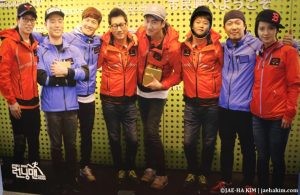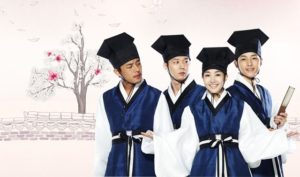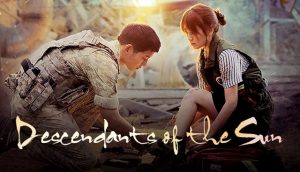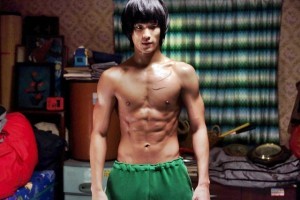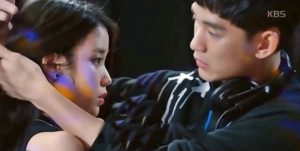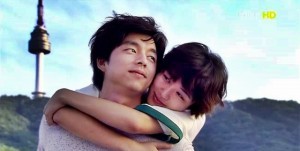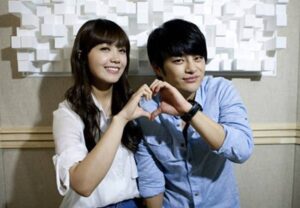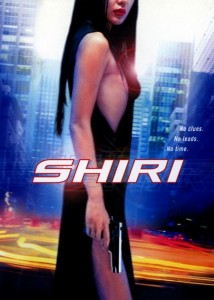“Ode to My Father” (국제시장)

In a review that ran in the New York Times, film critic Jeannette Catsoulis gave “Ode to My Father” a big thumbs down for being “syrupy” and for having “packaged pain … likely to leave Western audiences cold.” While there is no doubt that director Yoo Je-Kyoon would’ve loved for American audiences to embrace his movie, it’s also undeniable that this film was not made with Western moviegoers in mind. It was made for Koreans.
